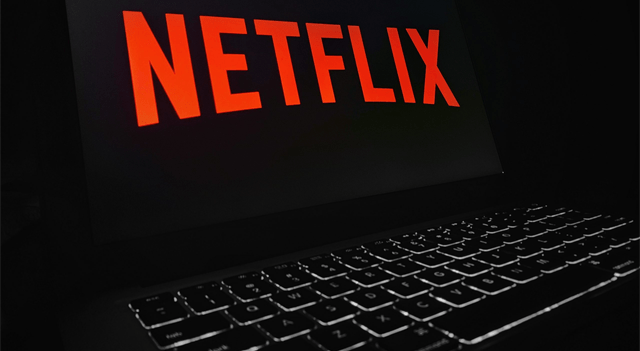Netflix, Inc. (NASDAQ:NFLX) saw its stock drop more than 7% in U.S. premarket trading on Wednesday after reporting quarterly earnings that fell short of Wall Street expectations, mainly due to a one-time tax expense tied to a dispute in Brazil. The company emphasized that the issue “will not have a material effect on future results.”
For the third quarter, Netflix posted earnings of $5.87 per share, below analysts’ forecast of $6.96. Revenue climbed 17% year-over-year to $11.51 billion, landing roughly in line with estimates. The company attributed the top-line growth to increased membership, higher pricing, and a strong advertising performance — its best ad quarter to date.
Viewer engagement also climbed to record highs in the U.S. and U.K., up 15% and 22% respectively from late 2022, according to data from Nielsen and Broadcasters’ Audience Research Board (Barb). Netflix no longer discloses subscriber numbers in its earnings reports.
Operating margin, however, slipped to 28% from 30% a year earlier, dragged down by a $619 million charge linked to Brazilian non-income tax assessments spanning from 2022 through the third quarter of this year.
Netflix noted that it “would have exceeded its margin target without the charge.” The Brazilian tax issue is also expected to weigh on full-year margins, prompting the company to cut its annual margin guidance to 29% from 30%.
For the current quarter, operating margin is projected to be 23.9%, up two points from the same period last year. The company also guided for fourth-quarter revenue of $11.96 billion and earnings of $5.45 per share.
In a client note, BofA Securities analysts Jessica Reif Ehrlich and Brent Navon pointed out that Netflix did not issue a full-year 2026 outlook, unlike in the same quarter last year. The company attributed the change to “the unique circumstances” tied to the removal of subscriber disclosure beginning in 2025.
“However, this does not appear to signal any noticeable change in underlying fundamentals as advertising is expected to more than double in 2025, engagement growth picked up in the third quarter and the pricing environment is constructive on the heels of several price increases from competitors,” the BofA analysts said.
